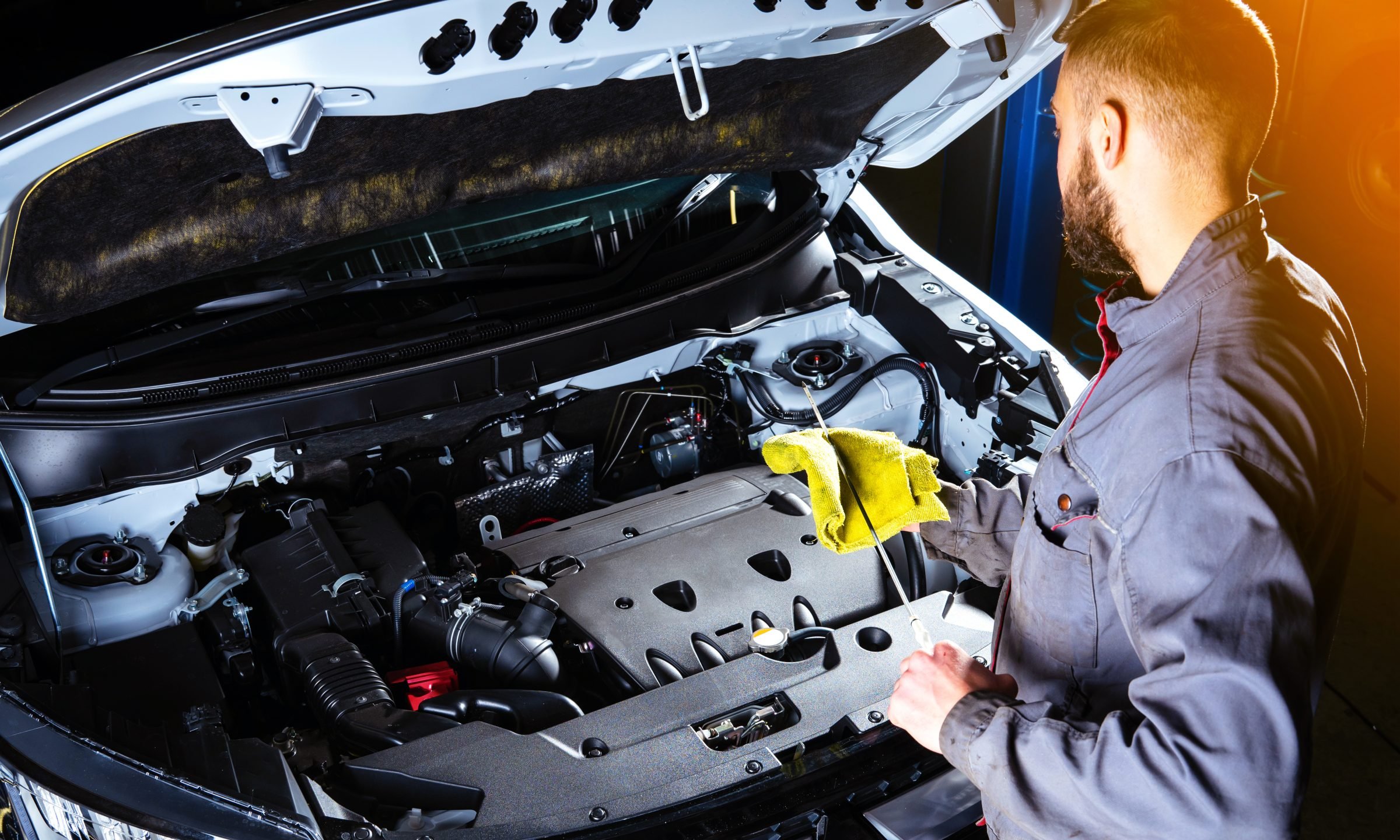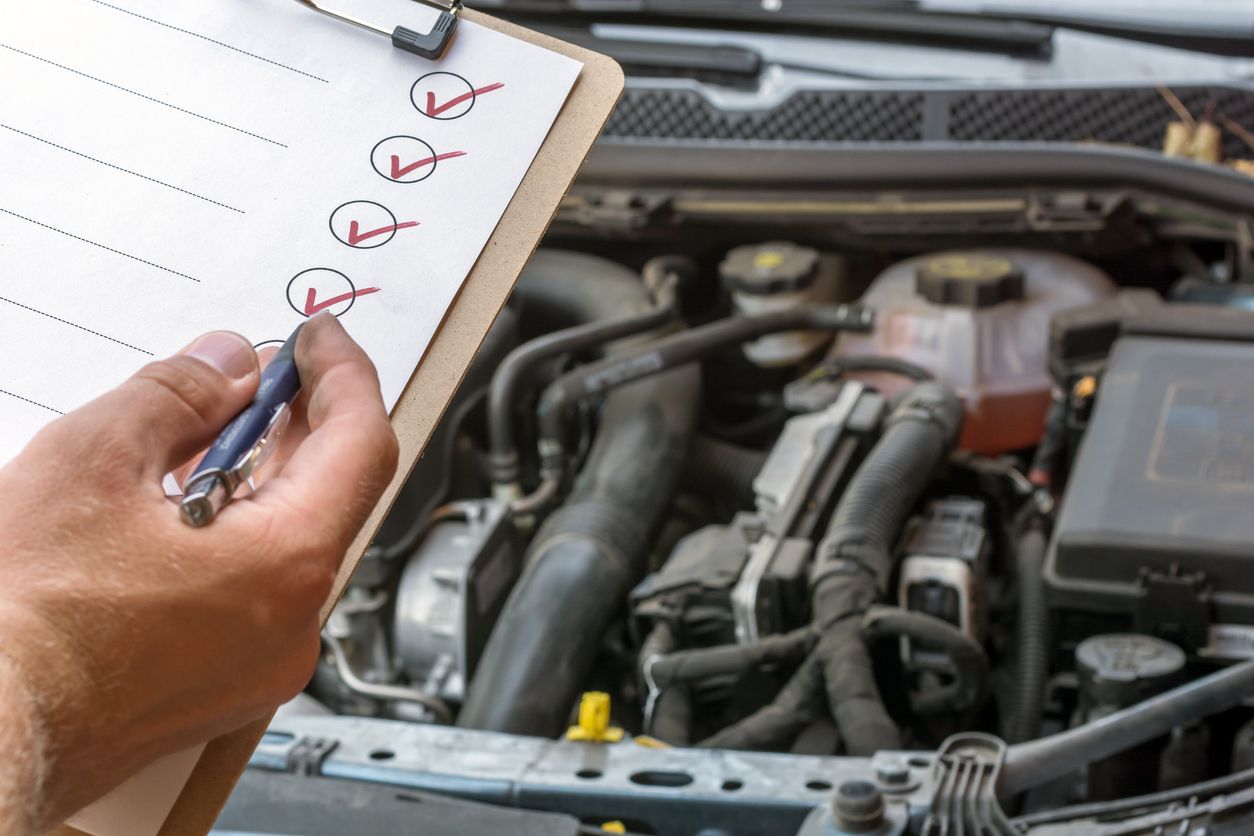All Categories
Featured
Your car's engine is among one of the most complicated systems in your vehicle, and every element plays an essential role in guaranteeing it runs efficiently. Among these, the timing belt is just one of the most crucial but typically ignored components of your engine. Responsible for integrating the turning of the crankshaft and camshaft, the timing belt makes sure the engine's valves close and open at the correct times throughout the combustion process. If the timing belt stops working, it can result in extreme engine damage. Right here's why timing belt replacement is crucial for your lorry's performance and longevity.
What Is a Timing Belt? The timing belt is a long, toothed rubber or composite belt that connects the crankshaft to the camshaft(s) in an interior combustion engine. Its work is to keep the engine's shutoffs and pistons in sync, making sure the engine runs efficiently. The timing belt also controls other important engine features like the water pump and the power guiding pump, depending on the car.
![]()
Without the appropriate timing, the engine's shutoffs and pistons can collide, leading to expensive and considerable damages. For that reason, replacing the timing belt on schedule is among the very best methods to guarantee your engine runs at its finest and prevent pricey repair services.
Why Timing Belt Replacement Matters. Stopping Catastrophic Engine Damage: The most considerable threat of not changing a worn timing belt is engine failing. Replacing the timing belt at the advised periods is the ideal way to prevent such tragic damages, saving you from the tension and high price of engine repair work or substitute.
![]()
Keeping Engine Performance: A timing belt that's in excellent condition ensures that all engine components work in best consistency. If the timing belt is put on or stretched, it can create the engine to lose power, experience harsh idling, or struggle to start. By replacing the timing belt consistently, you can maintain your engine performing at peak efficiency, which helps preserve optimum fuel economic climate and performance.
Preventing Unexpected Break downs: A busted timing belt can cause your engine to stop suddenly, possibly leaving you stranded in the center of a trip. By replacing your timing belt on time, you lessen the risk of abrupt malfunctions that might leave you in a dangerous or troublesome situation. Regular upkeep minimizes the possibilities of experiencing these type of disturbances, assisting you stay on the roadway longer without bothering with your engine failing.
Cost-Effective Maintenance: Timing belt substitute is much cheaper than fixing or replacing an engine that's been harmed because of a timing belt failure. While the cost of replacing the timing belt might differ depending upon your car and its area, it is much more affordable than the expenses related to significant engine repairs or replacements. Replacing your timing belt at the suggested intervals can save you a significant quantity of money over the lengthy run by protecting against damages to your engine.
When Should You Change Your Timing Belt? The timing belt does not last forever, and most producers recommend changing it between 60,000 and 100,000 miles. The exact timing depends on your vehicle's make, version, and driving conditions, so it's crucial to inspect your proprietor's handbook for details assistance.
Indications that your timing belt may need attention include unusual engine noises (such as a high-pitched whining or ticking audio), problem starting the engine, or a decline in engine performance. If you see any of these indications, it's essential to have the timing belt inspected by a specialist mechanic.
![]()
Conclusion. The timing belt is a important however small part of your engine, and regular replacement is crucial to maintaining your car's performance and avoiding pricey damages. By staying on top of timing belt maintenance, you'll guarantee your engine operates efficiently, stay clear of unforeseen breakdowns, and secure your cars and truck from significant fixings. Keep an eye on your car's recommended timing belt substitute routine, and always speak with a relied on technician to maintain your engine running efficiently for several years ahead.
What Is a Timing Belt? The timing belt is a long, toothed rubber or composite belt that connects the crankshaft to the camshaft(s) in an interior combustion engine. Its work is to keep the engine's shutoffs and pistons in sync, making sure the engine runs efficiently. The timing belt also controls other important engine features like the water pump and the power guiding pump, depending on the car.

Without the appropriate timing, the engine's shutoffs and pistons can collide, leading to expensive and considerable damages. For that reason, replacing the timing belt on schedule is among the very best methods to guarantee your engine runs at its finest and prevent pricey repair services.
Why Timing Belt Replacement Matters. Stopping Catastrophic Engine Damage: The most considerable threat of not changing a worn timing belt is engine failing. Replacing the timing belt at the advised periods is the ideal way to prevent such tragic damages, saving you from the tension and high price of engine repair work or substitute.

Keeping Engine Performance: A timing belt that's in excellent condition ensures that all engine components work in best consistency. If the timing belt is put on or stretched, it can create the engine to lose power, experience harsh idling, or struggle to start. By replacing the timing belt consistently, you can maintain your engine performing at peak efficiency, which helps preserve optimum fuel economic climate and performance.
Preventing Unexpected Break downs: A busted timing belt can cause your engine to stop suddenly, possibly leaving you stranded in the center of a trip. By replacing your timing belt on time, you lessen the risk of abrupt malfunctions that might leave you in a dangerous or troublesome situation. Regular upkeep minimizes the possibilities of experiencing these type of disturbances, assisting you stay on the roadway longer without bothering with your engine failing.
Cost-Effective Maintenance: Timing belt substitute is much cheaper than fixing or replacing an engine that's been harmed because of a timing belt failure. While the cost of replacing the timing belt might differ depending upon your car and its area, it is much more affordable than the expenses related to significant engine repairs or replacements. Replacing your timing belt at the suggested intervals can save you a significant quantity of money over the lengthy run by protecting against damages to your engine.
When Should You Change Your Timing Belt? The timing belt does not last forever, and most producers recommend changing it between 60,000 and 100,000 miles. The exact timing depends on your vehicle's make, version, and driving conditions, so it's crucial to inspect your proprietor's handbook for details assistance.
Indications that your timing belt may need attention include unusual engine noises (such as a high-pitched whining or ticking audio), problem starting the engine, or a decline in engine performance. If you see any of these indications, it's essential to have the timing belt inspected by a specialist mechanic.

Conclusion. The timing belt is a important however small part of your engine, and regular replacement is crucial to maintaining your car's performance and avoiding pricey damages. By staying on top of timing belt maintenance, you'll guarantee your engine operates efficiently, stay clear of unforeseen breakdowns, and secure your cars and truck from significant fixings. Keep an eye on your car's recommended timing belt substitute routine, and always speak with a relied on technician to maintain your engine running efficiently for several years ahead.
Latest Posts
Discover Leading Car Repair Services at Montclare Auto Repair – Quality Service Today
Published May 29, 25
1 min read
Specialist Industrial Roofing Solutions in North Platte, Nebraska
Published May 26, 25
2 min read
Trustworthy Industrial Roofing Providers by Weathercraft
Published May 23, 25
2 min read
More
Latest Posts
Discover Leading Car Repair Services at Montclare Auto Repair – Quality Service Today
Published May 29, 25
1 min read
Specialist Industrial Roofing Solutions in North Platte, Nebraska
Published May 26, 25
2 min read
Trustworthy Industrial Roofing Providers by Weathercraft
Published May 23, 25
2 min read